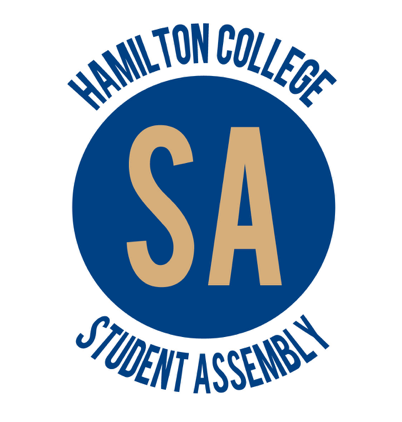
On Jan. 29, Student Assembly met to allocate funds to different student organizations around campus. SA members and organization treasurers came together to work out strategic funding recommendations.
Student organizations are required to submit budget requests in accordance with the Student Assembly constitutional funding rules. Organization leaders are welcome to attend the funding meeting to advocate on their group’s behalf, petition to re-submit budget requests if they are not accepted, and work with Student Assembly to compromise on funding.
There can be many factors that play into the process of which student organizations get money and which ones do not. As Gianni Hill ’21, the first-year class president states: “We would love to give them all they ask for, but we work with a fixed amount, and there are many variables that play into deciding how much a group will get. Our funding codes contain a list of rules that we follow when allocating funds to groups. They have to submit their budgets on time and included itemized lists with specific prices and dates for their events. If they miss any of those details, we can’t offer them funding at the moment and ask them to resubmit.”
One such detail is using the given Student Assembly budget request template. Many groups, including the Buffers, Hogwarts at Hamilton, and the Muslim Student Association did not use the correct template in accordance with the Student Assembly funding rules; they therefore did not qualify to have their budget requests considered. These groups will have to resubmit in order to get funding.
Other factors include the specifics of the budget request. For example, student organizations must put exact times and dates to go along with their budgets. Student Assembly will reach out to those groups, and if there is no response, there will be no recommendation for money, but student organizations can re-submit their requests with more details.
Another factor that goes into the process of funding consists of what Student Assembly counts as a ‘necessity,’ or how money can be moved around and put elsewhere. For example, at the Jan. 29 meeting, Student Assembly suggested the Dance Team check out a speaker for free instead of paying $25 to purchase one. In other instances, like for the American Chemical Society and Model United Nations, student organizations require travel fees for flights and for staying in hotels. To mitigate these costs, Student Assembly works to find cheaper options and find funding in academic departments.
Despite the logistics and difficulty of delegating funds to student organizations, Student Assembly takes the responsibility of effectively allocating funds very seriously.
“When deciding what to fund, I think about how many students will be impacted by the funding,” Hill explains. “However, it’s not always about the number. I also think there are many worthy causes where groups request funding for six people to do something of merit, and I think it’s important to give students the opportunity to have useful life experiences as well.
It changes on a case-by-case basis, but the Assembly hashes these decisions out, and we always do our best to spend our money in the most effective way.”
